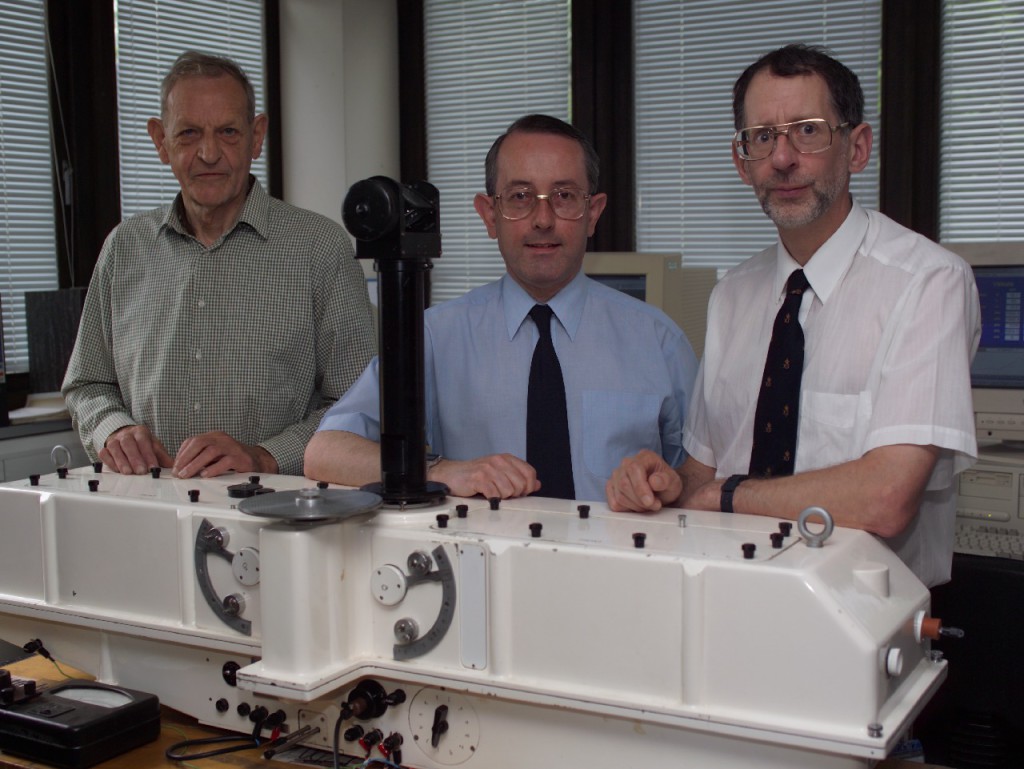It is with great sadness the British Antarctic Survey reports that Joe Farman died on Saturday 11 May 2013. He was 82.
Joseph Charles Farman CBE, together with colleagues Brian Gardiner and Jon Shanklin, was responsible for one of the biggest environmental discoveries of the 20th century — the hole in the ozone layer over Antarctica. Their results, first published in the journal Nature on May 16, 1985 led to the initiation of the Montreal Protocol — the international agreement that controls CFC production across the globe.
Joe received numerous awards and recognition for this discovery, including the Society of Chemical Industry (SCI) Environment Medal, The Chree Medal and Prize, membership of the Global 500 Roll of Honour, an OBE in 1988 and a CBE in the New Year Honours 2000.
After graduating from Cambridge University he was appointed in 1956 as a Scientific Officer of the Falkland Islands Dependency Survey, the predecessor of British Antarctic Survey (BAS). He spent two winters in the Argentine Islands, Antarctica and served as Base Commander from 1958–59.
In the 1960s he continued to work on data collected during International Geophysical Year for World Data Centres before becoming head of Falkland Islands Dependencies Survey Physics Unit in 1969 based at the University of Edinburgh. He carried out Antarctic field research in 1971.
In 1976 he returned to BAS Cambridge as Head of Physics Section to focus his attention on Antarctic ozone monitoring as part of BAS’s response to growing concern about potential damage.
His final research trip to Antarctica with BAS was in 1990 just before he retired in August that year. For almost every day since his retirement he worked at Cambridge University’s Department of Chemistry.
Professor Alan Rodger, Interim Director of British Antarctic Survey said,
“Joe was an excellent physicist and his work changed the way that we view the natural world. After making the discovery of the ozone hole he became an energetic ambassador for our planet. Our thoughts are with his wife Paula.”

The British Library interviewed Joe for its oral history project. His recollections can be heard at British Library Oral history of British Science and at this tribute Joseph Farman and the ‘ozone hole’.
